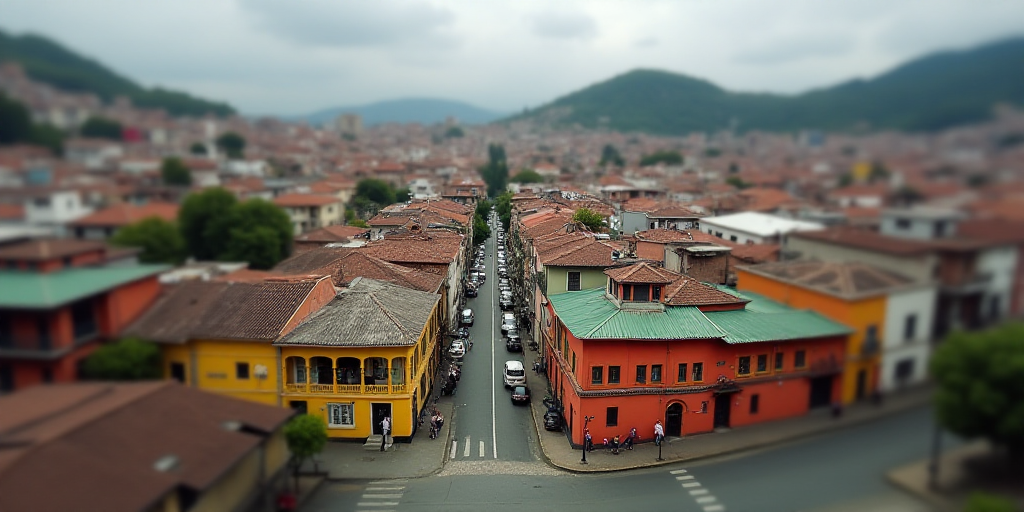Introduction to Sedatu and its New Initiative
The Secretaría de Desarrollo Agrario, Territorial y Urbano (Sedatu) recently held the first extraordinary 2025 session of the National Council for Territorial Ordering. This meeting aimed to establish the procedure for creating the new National Program for Territorial Ordering and Urban Development (Pnotdu) for the period 2025-2030.
The Role of Sedatu and its Relevance
Sedatu, under the Mexican government, plays a crucial role in shaping the country’s agrarian, territorial, and urban development. Its current initiative, the Pnotdu, seeks to create a comprehensive and integrated approach to urban planning, addressing various aspects such as infrastructure, housing, productivity, agriculture, and sustainability.
Citizen Consultation Portal
As part of the Pnotdu strategy, Sedatu launched a digital citizen consultation portal. This platform allows the public to contribute proposals and ideas regarding the future of urban development in Mexico.
Sedatu’s Call for Integrated Planning
During the council session, Edna Vega Rangel, Sedatu’s head, emphasized the importance of considering environmental aspects, civil protection, and housing alongside urban development. She highlighted the need for an integral vision that harmonizes various instruments related to urban development, housing, and productivity.
Impact on Key Government Projects
The Pnotdu is expected to influence at least seven priority projects of the federal government, including:
- National Care System
- Housing for Well-being
- Economic Development Corridors and Poles
- Food Sovereignty
- Energy Policy
- Plan Mexico
- Passenger Trains
Objectives of the Pnotdu
Derived from the National Development Plan (PND) 2025-2030, published in the Federal Register on April 15, the Pnotdu has five primary objectives:
- Territorial ordering and coordination
- Territorial development in the absence of urban infrastructure and adequate, affordable housing
- Productive development to tackle the challenges of Plan Mexico and reduce regional disparities
- Agrarian development, addressing gender inequality and land tenure security issues
- Sustainability and resilience
Citizen Participation and Consultation Process
Starting this month, the public can participate and provide input through the digital platform “Agenda Territorial Participativa: Un mismo territorio, diversas realidades” available at
Additionally, three citizen participation forums will be held in different Mexican states: Mexico City on April 30, Mérida, Yucatán in May, and La Paz, Baja California Sur in June. The document will then be compiled, and the National Program will be approved by President Claudia Sheinbaum and the National Council between July and August of this year.






